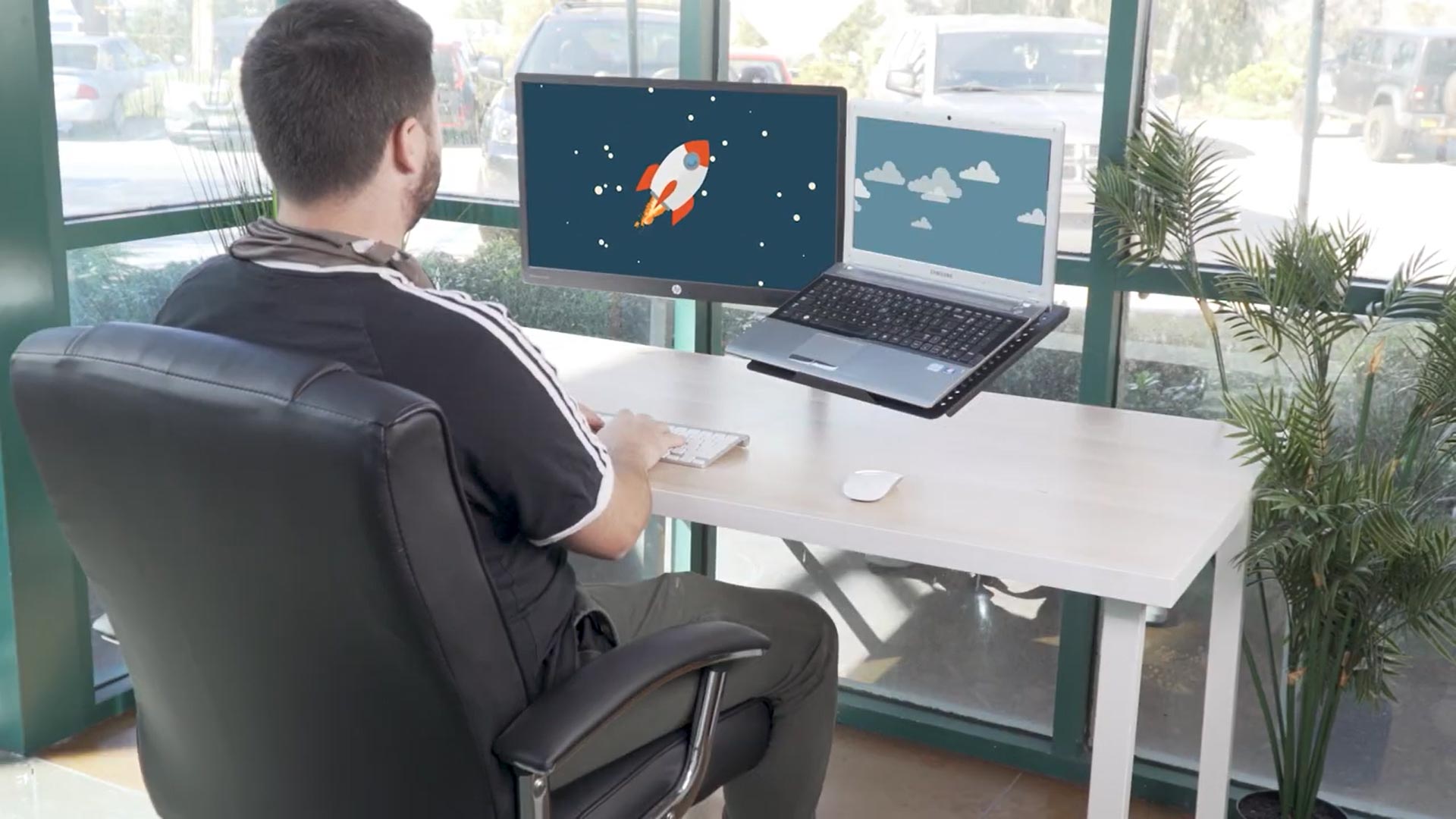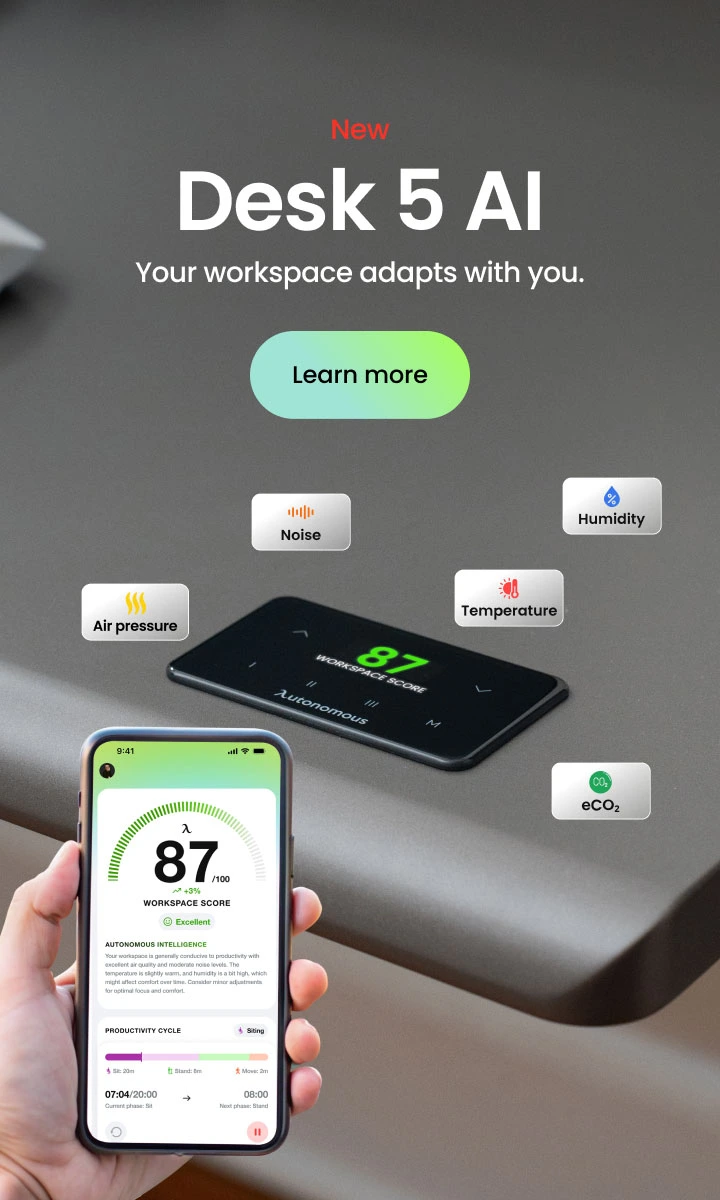
Table of Contents
College life has its perks as well as challenges. Settling into this new life and adapting to the new routine requires a lot of hard work and dedication. While the well-known challenges are related to academics or similar sorts, one common issue the students face is being able to afford life at college.
This is because, while at college, most of us desire to afford our pocket money expenses and gather some portion of our upcoming semester fees by ourselves. This means finding a proper job that can put you right on your savings plan. If you are also working while studying and are searching for ways to make money in college, you must have come across the concept of work-study.
1. What is Work-Study?
Work-study meaning is not a new concept but has emerged years earlier, and many students adopt this mode to earn their initial college salaries. When we talk about work-study definition, it is a kind of job available for both graduate and undergraduate students.
Work-study is a part-time job granted to students who submit applications for financial needs. The truth about work-study jobs is that they can be both on and off the campus. Many work-study jobs are also remote jobs, thus opening up more avenues for students to achieve the right work-study life balance.
If you are also thinking about work-study benefits and their challenges, here are a few insights that can help you decide whether or not to opt for this decision.

2. Advantages of Work-Study Jobs
Work-study advantages have made each college to have their specific programs for students to facilitate their college fees and other expenditures, and here are some other benefits of applying for a work-study scenario.
- Experience
Textbooks are a great way to acquire valuable knowledge, but there is no better way to experience your field than step out. And many students lack the desired experience and confidence required to pass the professional field's requirements.
The biggest benefit of a work-study job is that your college is likely to set you up in a field related to your course of study. This provides real-life experience beforehand, and you have a better chance to acquire a more secure job in the future.
- More Diversity
Although work-study is most commonly associated with undergraduate students, it is also offered to graduate and professional students. Both full-time and part-time students are eligible for work-study. Typically, these occupations are community-based or connected to the student's field of study.
- Flexible Hours
Since your college sets up the job, they will take your classes and study schedule into account. And as many students are likely to suffer from the clash between classes and work hours, flexible hours can be a great way to settle both their work and study time. However, you cannot always be sure that the job you get will adjust with your study schedule.
Moreover, you can hold outside employment and a work-study simultaneously without much of a problem. However, it will make for a hectic schedule.
- Less Competition
Because work-study employment is exclusively available to qualified students, the pool of applicants is far smaller than the pool of applicants for off-campus occupations. Depending on the position, you might be the only student who applies for a work-study position.
Applying for an off-campus job, on the other hand, entails competing with the general population.
- Better than Financial Aid
Unlike most other forms of financial aid, work-study earnings are paid directly to you. You have complete control over how and where you spend your money, as well as how you prioritize your spending.
While it is always suggested that educational expenses take precedence, work-study can be a terrific method to pay for personal needs and help you get the most out of your college experience if you have the financial freedom.
3. Disadvantages of Work-Study Jobs
Other than the given benefits, work-study jobs can also have some disadvantages. Below are some cons of work-study jobs.
- Wage
When it comes to work-study jobs, they are very low salaries. This could be an issue if you are trying to bear up more expenses and cover your day-to-day casual activities expenses.
- Only Limited Number of Hours
Students with work-study employment are usually limited to a certain amount of hours each week. Limited hours combined with low compensation can result in an insufficient salary to cover work-study costs.
- No Control
As opposed to a job that you would knowingly apply for, the students cannot choose work-study jobs. You never know where you would be appointed and whether or not the field will be related to your course of study.
- Limitations for freshmen
In most colleges, the amount of hours available in work-study programs for new first-year students is limited. This is because the school prefers that new students concentrate on their studies rather than their jobs. As a result, some students may find it challenging to select a program that meets their needs.
- Effect on Studies
Finally, working on a work-study job can divert your attention from your studies. You may receive lesser grades or fail to learn as much as you would like.
4. Benefits of Remote Jobs for Students
Remote work has become a popular option for students seeking flexible income while managing their academic workload. Unlike traditional on-campus positions, remote jobs allow students to work from dorm rooms, libraries, or even coffee shops, saving valuable time and eliminating commuting stress.
Remote work-study positions—or general online jobs—are ideal for students with unpredictable schedules. Many tasks, such as virtual assistant roles, content writing, tutoring, and customer service, can be completed asynchronously. This flexibility enables students to meet both academic deadlines and job responsibilities without conflict.
Another key advantage of remote jobs is that they often mimic real-world work environments. Students gain experience using digital communication tools, managing time independently, and handling professional responsibilities—all valuable skills for post-graduate employment. Plus, with remote work-study options, students can still benefit from the financial support of the work-study program while maintaining control over their schedule and location.
Whether you're pursuing remote work-study or other online roles, working from anywhere can be a smart way to earn money and prepare for life after graduation.

5. Is Work-Study Right for You?
Before applying, it’s important to ask: is work-study a good fit for your college journey?
Work-study jobs offer flexible hours and help reduce student debt, but they’re not one-size-fits-all. If you're juggling a demanding academic schedule or already involved in extracurriculars, even part-time work might add unnecessary stress. However, if you're looking for a job that fits around your classes and offers relevant experience, work-study might be ideal.
To qualify, you must demonstrate financial need through the FAFSA. Once eligible, you'll have access to a range of jobs on and off campus, some even remote. Understanding what work-study means for your time and goals is key—it’s about balancing work, academics, and well-being.
6. Tips to Make the Most of Work-Study Jobs
Once you're approved for a work-study program, make the most of the opportunity with these tips:
- Treat it like a real job: While your work-study role may be on campus or remote, it’s still employment. Show up on time, communicate professionally, and do your best work.
- Pick jobs relevant to your major: If possible, choose positions that align with your field of study. This experience can help you write a resume and help define your career path.
- Use your time wisely: Avoid procrastinating during your shifts. Maximize quiet periods by reviewing class notes or planning assignments if allowed.
- Stay organized: Use planners or apps to track your work schedule alongside classes. Keeping everything in sync helps avoid burnout.
- Be honest about your limits: Don’t take on more hours than you can handle. Maintaining a balance is crucial to your academic success.
7. Tools to Support Your Work-Study Balance
Balancing work and school can be physically and mentally demanding. That’s where a well-designed study space comes in. Investing in ergonomic tools can boost your focus, reduce fatigue, and help you manage long hours.
During the Autonomous Summer Sale, students can save on:
- Standing desks: Switch between sitting and standing to stay energized during late-night study sessions or remote work shifts.
- Ergonomic chairs: Prevent back and neck strain with chairs designed to support your posture.
- Desk accessories: From monitor arms to cable organizers, the right tools help keep your workspace clutter-free and efficient.
Creating a healthy environment isn’t a luxury—it’s a smart way to improve productivity and comfort throughout your college life. If you're refining your resume, tools like an AI resume builder can help streamline the process.
8. FAQs
What does work-study mean?
Work-study is a federally funded program that provides part-time jobs for students with financial need, helping them earn money to cover college expenses.
How do I qualify for work-study?
You must complete the FAFSA and demonstrate financial need to qualify. Check your award letter or contact your financial aid office to see if you're eligible.
Does work-study get taxed?
Yes, work-study income is taxable. However, it is not counted as income on your FAFSA for the following academic year.
Do I get paid for work-study?
Yes. You are paid at least the federal minimum wage, either by check or direct deposit. You can use the funds for any personal or academic expenses.
Does work-study count as income?
For tax purposes, yes. For FAFSA renewal, no—work-study earnings are excluded from reported income on the FAFSA.
Does work-study count as employment?
Yes. It provides real work experience and can be listed on your resume like any other job.
What are the work-study requirements?
You must be enrolled at least part-time, demonstrate financial need, and maintain satisfactory academic progress.
Work-study vs non-work-study jobs: what’s the difference?
Work-study jobs are part of a financial aid package and often have flexible schedules. Non-work-study jobs are open to everyone and may pay more but are more competitive.
What is remote work-study?
Remote work-study allows you to work from home or campus housing in eligible positions, often involving online tasks like research, tutoring, or administrative work.
Does every student get work-study?
No. You must meet eligibility requirements, and funding is limited—apply early through the FAFSA to increase your chances.
Conclusion
Work-study programs offer more than just a paycheck—they provide flexibility, valuable experience, and a pathway to managing college expenses without overwhelming debt. By understanding what work-study is, exploring its benefits and drawbacks, and learning how to make the most of it, you can decide if it’s the right fit for your academic and financial journey.
Whether you're applying for a work-study position or considering remote job alternatives, the key is to find balance. With the right mindset, tools, and support system, you can successfully navigate college life while gaining real-world experience and maintaining strong academic performance.
Spread the word
.svg)

.webp)











